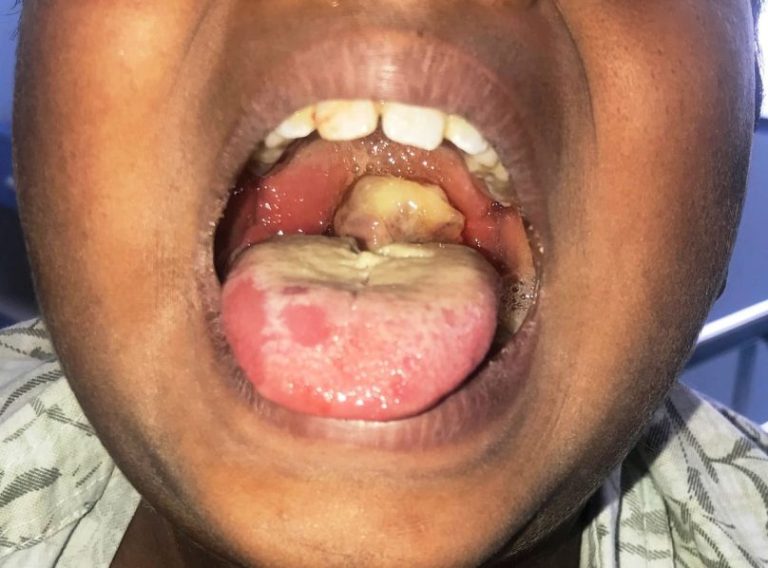The recent resurgence of diphtheria in the Tukur-Tukur community in Zaria serves as an urgent clarion call for public health stakeholders in Nigeria. This tragic outbreak, marked by the loss of five children in a mere 24-hour span, underscores the authentic and perennial threats posed by infectious diseases. The alarming symptoms observed—severe throat infections, pronounced breathing difficulties, and notable cutaneous manifestations—have placed families and health officials on high alert, casting a dark shadow of a potential epidemic over not just Tukur-Tukur, but potentially the broader Nigerian landscape.
By Abdul-Azeez Suleiman
Historically, Nigeria has made commendable strides in controlling diphtheria through extensive immunization campaigns. Nonetheless, recent epidemiological trends and enduring socioeconomic challenges have rendered the fading specter of this once-controlled disease alarmingly potent. On a biological front, diphtheria is caused by Corynebacterium diphtheriae, which secretes a virulent exotoxin capable of inducing severe systemic complications. The primary mode of transmission, facilitated via respiratory droplets, complicates containment efforts, particularly within densely populated regions where human interactions are frequent and close.
The unsettling outbreak in Tukur-Tukur, confirmed by health authorities including Dr. Bello Jamo, Executive Secretary of the Kaduna State Primary Health Care Board, marks a broader, disturbing trend prevalent across Nigeria. Data indicates that multiple states—Kano, Yobe, Bauchi, Katsina, Borno, and Jigawa—have reported confirmed cases of diphtheria since the beginning of 2023, painting a somber picture of an outbreak that is both expansive and alarming. The Nigeria Centre for Disease Control and Prevention (NCDC) has documented over 20,000 suspected cases, with a staggering 12,000 confirmed, alongside a concerning fatality rate of 4.6%. This situation necessitates prompt and decisive action from public health systems at multiple levels.
Several interlinked factors converge to facilitate the resurgence of diphtheria, primarily a notable decline in vaccination coverage. Most disquietingly, approximately 69.4% of confirmed cases reside within children aged 1 to 14 years. Inadequate access to diphtheria antitoxin and limited diagnostic capabilities in many healthcare facilities compound the crisis; startlingly, only 26.5% of confirmed cases had adhered to the necessary diphtheria vaccination schedule. To mitigate future outbreaks and safeguard public health, the ramifications of community reluctance surrounding vaccination initiatives must be tackled urgently.
ALSO READ WHO says 14 African countries pledge $45m to investment round
The current resurgence is not isolated; it embodies broader public health challenges that Nigeria continues to confront. On December 1, 2022, the NCDC reported suspected outbreaks in Lagos and Kano states, and by January 2023, diphtheria had spread to other regions—including Osun and Yobe. The statistics are staggering, with over 20,000 suspected cases and approximately 12,086 confirmed cases reported by December 3, 2023. Vulnerable populations, particularly children aged 1-14, account for 69.4% of these confirmed cases, indicating an urgent need for targeted public health interventions.
Given these multi-layered challenges, formulating effective and immediate response measures is imperative to mitigate the outbreak’s impact. A multifaceted strategy, integrating both immediate public health interventions and long-term systemic changes, is vital for strengthening Nigeria’s healthcare framework.
A coordinated response from public health authorities—spanning local, state, and federal levels—is essential for addressing the resurgence of diphtheria. Despite initial response measures in progress, significant challenges remain across several public health domains. A robust surveillance system must be established to facilitate rapid detection and response to diphtheria cases. This involves training healthcare workers to recognize symptoms and report effectively, along with enhancing lab capabilities for precise diagnosis.
Central to combating diphtheria is an aggressive immunization strategy that emphasizes comprehensive vaccination programs targeting high-risk populations. School-based and community outreach initiatives can be employed to raise awareness and ensure vaccine access. Staunch efforts must be taken to educate communities on the critical importance of adhering to the vaccination schedule and dispelling myths that may hinder compliance.
In addition to proactive vaccination efforts, intensified public awareness campaigns are vital to curb the outbreak. The messaging should clearly articulate modes of transmission, recognizable symptoms, and the necessity for early medical intervention. Engaging local community leaders and influencers in these educational endeavors can enhance the credibility of health communications and encourage better health-seeking behaviors.
Investment in Nigeria’s healthcare infrastructure, particularly in regions severely affected by diphtheria, is vital. Ensuring consistent supply chains for vaccines and therapeutic agents, alongside training healthcare providers in recognizing and addressing diphtheria cases, can significantly bolster the nation’s public health response.
The intricacies of addressing diphtheria call for collaboration with global health entities, including the World Health Organization (WHO) and the Global Vaccine Alliance (Gavi). These partnerships can offer essential technical support, resources, and expertise that can enhance Nigeria’s ability to manage the outbreak effectively.
The resurgence of diphtheria in Nigeria elucidates a complex public health crisis, underpinned by a myriad of social, economic, and healthcare challenges. Addressing this pressing issue demands a coherent, collaborative approach that prioritizes vaccination, strengthens diagnostic and surveillance mechanisms, and promotes public awareness. Only through synergistic efforts engaging healthcare providers, governments, and international partners can Nigeria hope to quell this crisis, safeguard public health, and prevent future outbreaks of diphtheria.
Responding to this public health emergency necessitates strategic action informed by empirical data and the insights of the affected communities. By employing a multifaceted approach and enhancing collaboration among local, state, and international health organizations, Nigeria can strive towards ensuring a healthier future for its most vulnerable populations—particularly its children—who find themselves on the frontline of this outbreak. Through collective action and a strengthened commitment to public health, Nigeria can transform the impending threat of diphtheria from an immediate crisis into a manageable concern, thereby fortifying the well-being of its future generations.


